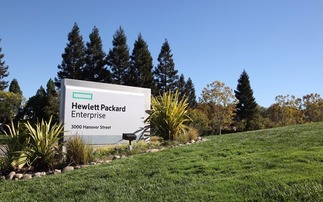This week Microsoft spent $1bn purchasing patents from AOL, and its rivals have been making similar investments recently. But this flexing of corporate muscle is potentially bad for innovation
Microsoft is to spend $1bn (£600m) purchasing 800 patents from AOL, which equates to roughly $1.3m (£800,000) per patent. These patents mostly relate to search, email, instant messaging and onli...
To continue reading this article...
Join Computing
- Unlimited access to real-time news, analysis and opinion from the technology industry
- Receive important and breaking news in our daily newsletter
- Be the first to hear about our events and awards programmes
- Join live member only interviews with IT leaders at the ‘IT Lounge’; your chance to ask your burning tech questions and have them answered
- Access to the Computing Delta hub providing market intelligence and research
- Receive our members-only newsletter with exclusive opinion pieces from senior IT Leaders




















